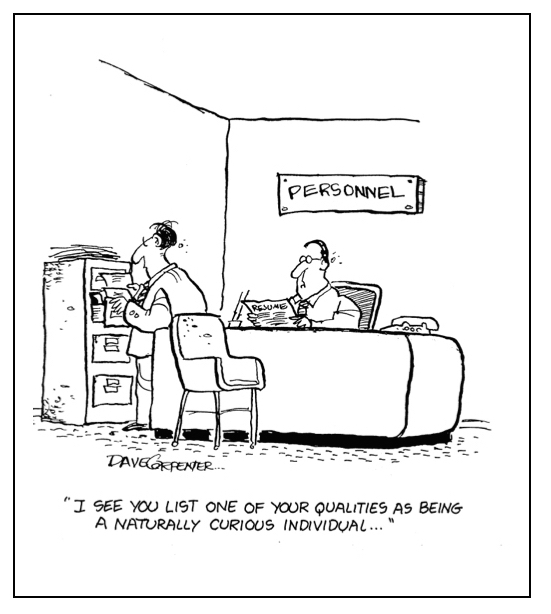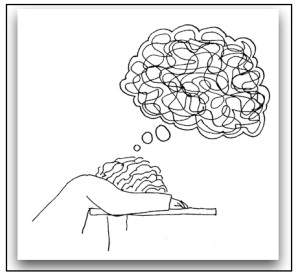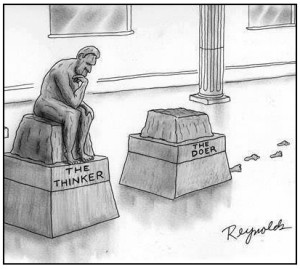 Questions are places in your mind where answers fit. If you haven’t asked the question, the answer has nowhere to go; it hits your mind and bounces off. —Christensen
Questions are places in your mind where answers fit. If you haven’t asked the question, the answer has nowhere to go; it hits your mind and bounces off. —Christensen
I’m an oenophile — I enjoying studying about wine. One evening Mary and I were having dinner with friends and we opened a bottle of Cava, a sparkling wine made in Spain. I’m known as the local wine expert so someone asked me, “Don, what grapes are used to make Cava?” I was embarrassed because I didn’t know. That question (and the added emotional discomfort) formed a “space” in my mind. As soon as I could, I looked up the answer (Macabeo, Parellada, Xarel-Lo) and the answer immediately had a place to go. It is firmly in place and will never leave.
That’s why questions are so important. Answers abound but they remain unattached until matched with a question. We should always have more questions than answers because questions long for and search for answers. Questions are to answers what a magnet is to iron filings.
This helps explain the effectiveness of “teaching moments ” — times in our lives when we are eager and quick to learn because life has created a vacuum that is, at best uncomfortable and, at worst, painful, until it is filled with appropriate knowledge. Often, we don’t learn until we need to know. That’s why a curious mind is a good thing and a prerequisite for personal growth.
Curious people enjoy the interrogatives; what, why, when, who, where, and how.
Curiosity was a motivating force in the lives of two famous theoretical physicists: Albert Einstein and Stephen Hawking.
Einstein said, “I have no special talents; I am only passionately curious.” He also said, “The important thing is not to stop questioning…never lose a holy curiosity.”
In his first Facebook post (which reached 900,000 people in a few weeks), Stephen Hawking wrote, “I have always wondered what makes the universe exist. Time and space may forever be a mystery, but that has not stopped my pursuit. Our connections to one another have grown infinitely and now that I have the chance, I’m eager to share this journey with you. Be curious, I know I will forever be.”
Be curious.
[reminder]What are your thoughts about this essay?[/reminder]
Summary
What? – Curiosity is a valuable trait. Unanswered questions will lead us to a good place.
So what? – Be curious.
Now what? – To prime the “curiosity pump” write down five questions to which you want an answer.
Leaders – Consider the role that curiosity can play in your organization: the creation of products and services, understanding your stake holders, initiating change, etc. Is curiosity valued or sanctioned?



